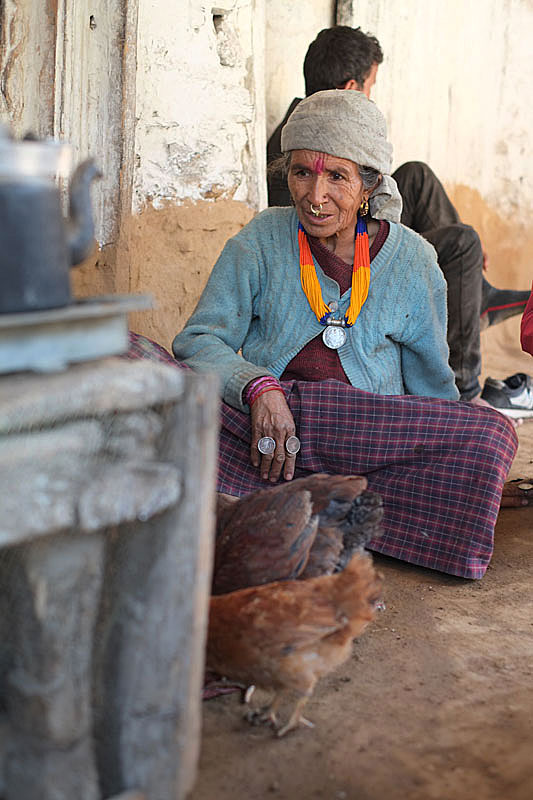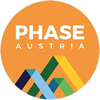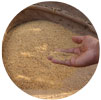In terms of capacity development, PHASE will provide 150 women and men farmers in 2 communities in Mugu, one of the poorest districts of Nepal, with the basics to not only achieve food security for themselves and their families, but even to generate additional income and meet the challenges of their situation (climate change, structural poverty, scarce arable land) through training and material support.
Project area:
Jima and Dhainakot, Mugu District, Karnali Region
In keeping with the goal of capacity development, PHASE plans to provide 150 female and male farmers in 2 communities in Mugu, one of the poorest districts of Nepal, with a basis not only to achieve food security for themselves and their families, but even to generate an additional income and to counter the challenges of their situation (climate change, structural poverty, lack of cultivable land. Our goal is not only to alleviate the extreme vulnerability of the local population (up to 90% of households cannot generate sufficient food to last them the year), but also to strengthen their overall resilience. The project inserts itself in the context of a project that is already underway, which mainly focuses on health provision and prevention, and thus constitutes an additional component for a broad improvement of the population’s situation.
In keeping with the Sustainable Development Goals, the intervention primarily addresses SDG 2, Food Security; also SDG 1, No Poverty; SDG 3, Health and Wellbeing, and indirectly also SDG 5, Gender Equality, as PHASE will make sure that participants are selected so as to promote women in particular.
In practice, female and male farmers will be provided with material for polytunnels, grass and vegetable seeds for a more diversified diet, and poultry chicks in order to increase the yield of eggs and meat and thus improve protein provision. They will be provided with training in seed production to insure sustainable production, and will be supervised for two years in order to make sure the changes will be sustained in the long term.
The project will be implemented by the Nepali NGO PHASE Nepal; all its employees are Nepali, the project content will be developed in a participative manner with stakeholders in the communities and the project participants; local, regional and national government agencies will be included to strengthen the impact of the project and to insure its viability. This gives the interventions an additional Best Practice aspect, as they will be perceived and discussed beyond the concrete project villages.

Programme Implementation
The project situates itself in the immediate context of a broad integrated programme that PHASE Nepal has been implementing since 2016, with the support of the Austrian Development Agency (ADA) and a British foundation, in 6 local VDCs, which aims to improve the population’s situation with a multi-focal approach regarding health, education and food security and nutritional status. In this way, the employees in different intervention areas can support each other – health workers for instance can offer additional information on healthy diets, breastfeeding etc.
A Community Development Facilitator (Junior Technical Assistant Agriculture) will be employed for two years in order to improve, with PHASE staff from the health and education fields, the awareness for a healthy, nutritious diet, to identify participants for the trainings, and to work with them to determine the specific contents of these trainings.
The project will thus have several phases: identification of participants; discussion of local possibilities and problems with them, for instance to fix on suitable vegetables; trainings in small groups; implementation with individual support; follow-up and problem-solving. Group trainings will be organised on 2 separate days each, one for vegetable farming, the other for poultry breeding.
Following the trainings, the JTA will support participants in implementation, and will consult with them on all questions they might have. The fact that s/he lives in the project area full time distinguishes this project from other, similar training approaches, as a short-term intervention without follow-up often does not result in sustainable change.
Expected Impact
Comparable projects that PHASE has been implementing in Bajura and Humla since 2014 show a significant impact with regard to nutrition and health:
- Farmers in Humla switched from tobacco farming to producing nutritious vegetables, in one community in Bajura even to mushroom farming, and many families were able to sell surplus harvest and thus achieve a small income for other necessary expenses. The last intermediate report shows a reduction in the number of severely underweight children by approx. 25% in two years (from 40% of surveyed children to 32%). A further success was that the proportion of mothers who exclusively breastfeed until the 6th month increased from only 50% to nearly 80%. The final numbers for this project will be available in July 2017.
- Synergies from the existing project in Mugu District (funded by ADA and a British foundation) in the health and education areas will significantly increase this impact, as the focus will not lie on one problem only, but the connected problems of health, education, and nutrition as well as a lack of knowledge about rights and opportunities will be addressed in a focused manner.
Our final project report (in German) shows among other things that the project served a considerably larger number of direct beneficiaries, and had a significant impact in empowering women participants.
We would like to thank the City of Vienna for its support!
![]()

